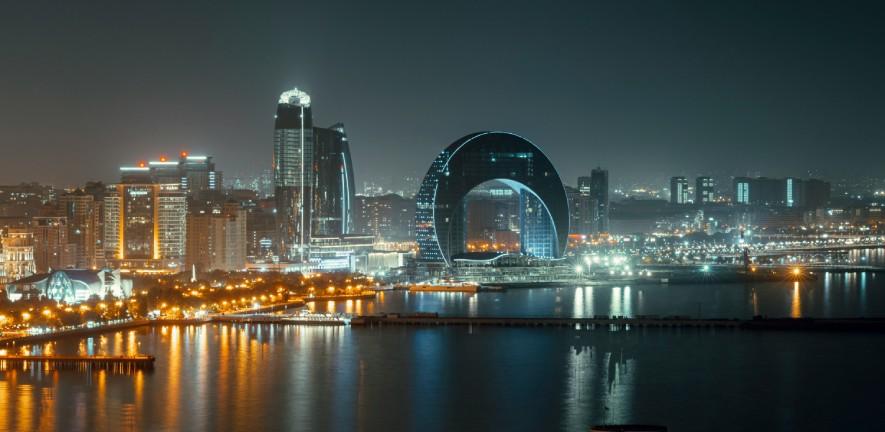
11 November 2024 – Sophie Miremadi and Alex O’dell, co-chairs of CISL’s UK Corporate Leaders Group, look ahead to COP29 with optimism. First published in edie.
Recent events have led many to question the future of global climate talks. But while the political backdrop for this year’s COP climate negotiations in Baku may be garnering headlines, for leaders committed to a more sustainable future, maintaining momentum around the implementation of existing commitments has become more important than ever.
The COP summits have become much more than the formal negotiations, they are about building the relationships and driving the momentum needed to actually deliver on climate goals.
The landmark commitment made at COP28 in Dubai to triple renewable power capacity and double energy efficiency by 2030 is a case in point. Achieving these goals requires more than ‘business as usual’; it demands forward-looking regulatory frameworks, new technologies, and business models.
Many businesses understand this and will be in Baku to showcase their latest innovations in low-energy housing, renewable energy generation, and carbon-positive AI solutions.
Financial burdens and benefits
Of course, the delivery of climate goals will require huge investment, and COP29 will focus on the financial mechanisms required to raise and guide the trillions of dollars needed for the global transition to net-zero, much of which will need to come from private investment.
In the UK alone, the Office for Budget Responsibility (OBR) estimates that meeting net zero commitments will require £20bn annually, roughly 1% of GDP. Initiatives such as the establishment of Great British Energy aim to attract corporate, investor, and pension fund contributions to finance this.
UK businesses and business groups will attend COP29 with a clear message: a low- or zero-carbon economy is not only feasible but also commercially advantageous. By adding their voices to the debate, these groups hope to strengthen governmental resolve in setting ambitious targets and creating the necessary policy frameworks to encourage investment in innovation.
Action in process
This meeting point of political direction and private sector willpower is also visible in other countries. For instance, the VELUX involvement in the Living Places project demonstrates how low-carbon, healthy homes can be built using existing materials to exceed Denmark’s standards on sustainability in housebuilding, without exceeding the cost of traditional properties. The project’s ‘recipe book’ of granular data on the carbon footprint of every component is already being used by developers in the UK and the Netherlands.
However, there can be no low-carbon housing at scale without decarbonising the grid. In the UK, the newly independent National Energy Systems Operator has this month concluded that achieving a net zero grid by 2030 is challenging but possible. The role of digitisation in this process is pivotal, with companies such as AVEVA providing software solutions across the energy value chain.
The pace of progress on climate negotiations can sometimes be slow, but we must focus on the commercial realities and opportunities of delivering a net zero economy. With a mature policy framework and renewed political momentum, UK businesses are well-positioned to secure a competitive advantage in net-zero technologies
COP29 represents a pivotal moment in our collective efforts to combat climate change. While political challenges persist, the commitment of businesses and the resilience of international agreements provide a pathway forward. Let us not waste this opportunity.
First published in edie




